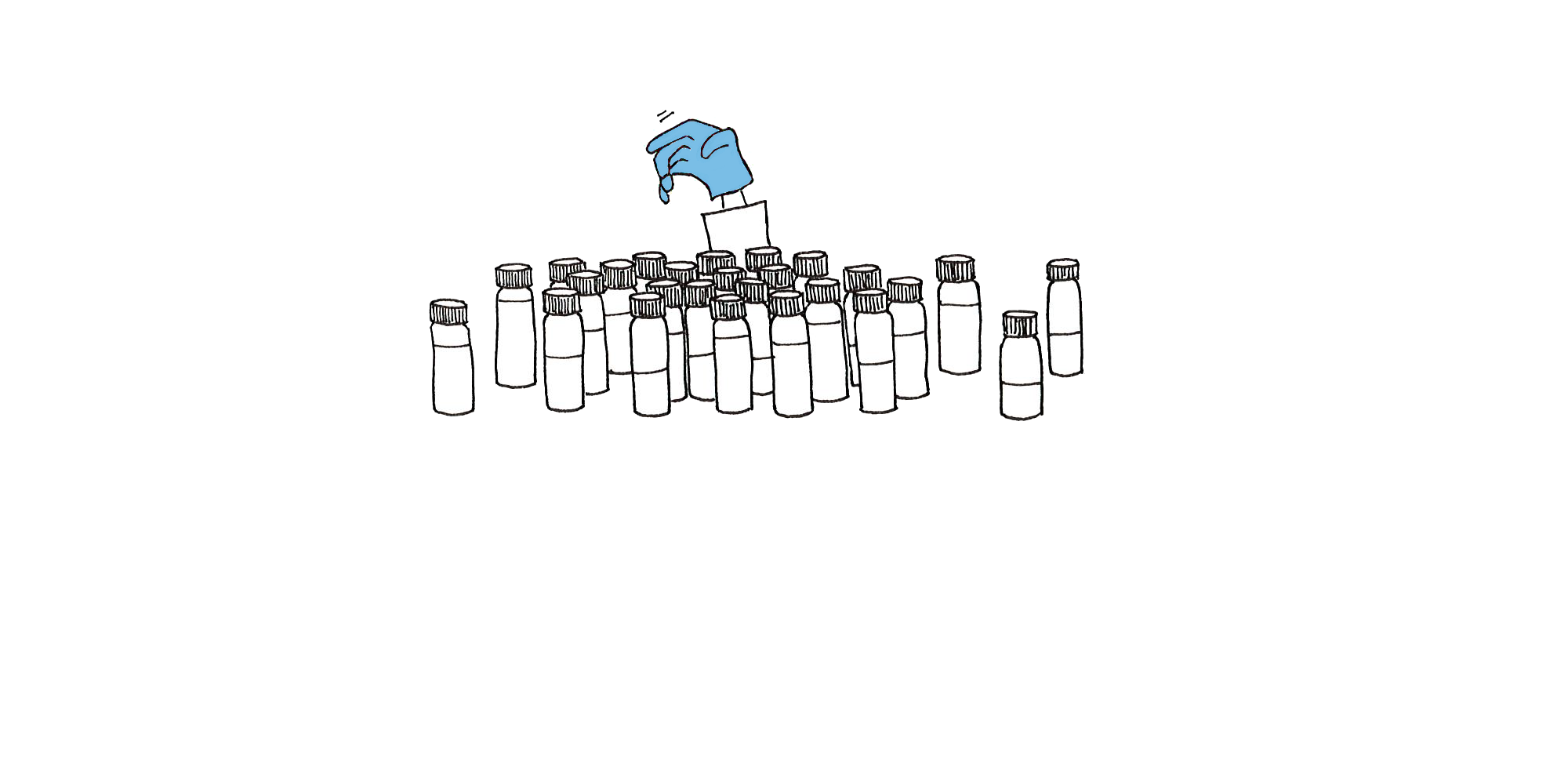Work in the lab is a slow, agonizing grind (looking forward to that in the four years of my PhD). It’s not like everything works perfectly (except may be on some lucky days).
In fact, behind each successful attempt, there may have been tens or hundreds of experiments gone wrong, done by God-knows-how-many people.
I think I don’t mind my experiments going wrong so much if they can still tell me something I can work on (and they are telling me something new everyday). But I have been so far doing this for only three months in the recent past so sure I don’t mind my experiments going wrong (yet, but ask me in a couple months and I am sure I’ll give you a different answer then).
So I have been trying to get some thick metal oxide coatings (thick, so to speak, but they will still be thinner than half a millimeter by a factor of 1000). For the past three tries, I have ended up destroying the coatings completely.
This time around, I decided to try everything I could think of, so that may be one out of my eight samples might make it to the finish line (I have three back up glass slides just in case things start going south for all eight of them). And one of the coatings, which already appears to have gone every which way, left this sparkly substance on all my gloves.
And a strange happening as this, in a lab, gets all these questions popping in your head: Was that really fine glitter? Did it just happen or did I make it? Did I just discover a method to make, I don’t know, plenty of glitter? Do I now want to drop out of my PhD and open a glitter factory? (after obviously I have done some tests and made the process sustainable).
But it’s a real comfort to me, that I might have possibilities of alternate career paths in the world of glitter-making if my PhD doesn’t go as planned, thank you very much thick-metal-oxide-coatings. However, I need to remember that all that glitters is not gold, and a little, one-time glitter in the lab most certainly doesn’t mean I will also get it once I actually start to aim for it (in fact, more reason for the process to completely stop working).
But back to the topic of experiments that go wrong, sometimes those are the ones that really tell you what’s happening. If everything was going all right, all the time, well then, there wouldn’t be any reason to dig deeper, no need to understand the process behind it. So it’s kind of important to fail in science and learn something from it every time.
But when a series of failures, going on for months, makes you finally realize that what you have been trying may not have been even possible from the beginning, that can be quite frustrating (happens in science all the time and doesn’t feel good to be the one that’s happening to).
